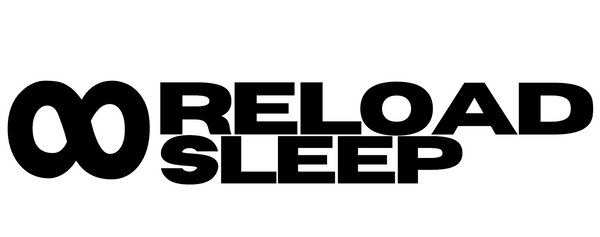
How to possess high energy!
You know the feeling. You’re in bed by 11, you “technically” get eight hours, and yet you wake up foggy, heavy, and mentally two steps behind.
It’s not that you didn’t sleep. It’s that you didn’t get deep sleep — the stage where your brain does its cleanup, your muscles repair, and your skin regenerates.
Most people never even get there. They cycle between light sleep and half-waking states, all night long. That’s why your mornings feel like a slow-loading webpage.
The Science You’re Missing
Deep sleep is your neurological vault. While you’re in it:
Growth hormone spikes → repairs muscles and joints
Collagen production surges → your skin stays firm and elastic
Memory consolidation kicks in → you think sharper, recall faster
Glymphatic system flushes toxins → brain fog disappears
But here’s the catch — you can’t willpower your way into deep sleep. If your body doesn’t have the right chemistry and environment, you’ll never hit it consistently.
The Recovery Gap
I call it the Recovery Gap — the space between the sleep you think you’re getting and the real, restorative sleep your body needs. And that gap is costing you:
Slower muscle recovery after workouts
Stubborn joint aches
Skin aging faster than it should
That persistent “tired but wired” feeling
The Upgrade
You don’t need more hours in bed. You need better hours in bed.
That’s where targeted nighttime nutrition comes in — specific amino acids, minerals, and peptides that prime your body for deep recovery.
One of the most overlooked? Collagen + Glycine.
Collagen: raw material for skin, joints, tendons
Glycine: calms the nervous system, helps you slide into restorative sleep stages
Combined, they work like a switch — telling your body, “It’s time to rebuild.”
The Takeaway
Most people treat sleep as downtime. That’s amateur hour. Elite performers treat sleep as the single most anabolic, restorative window of the day. They engineer it. They feed it. They protect it.
And when you do? You don’t just wake up rested — you wake up ahead.
P.S. If you’re done guessing about why you still feel tired, start running the deep recovery protocol. Your mornings will never be the same.
